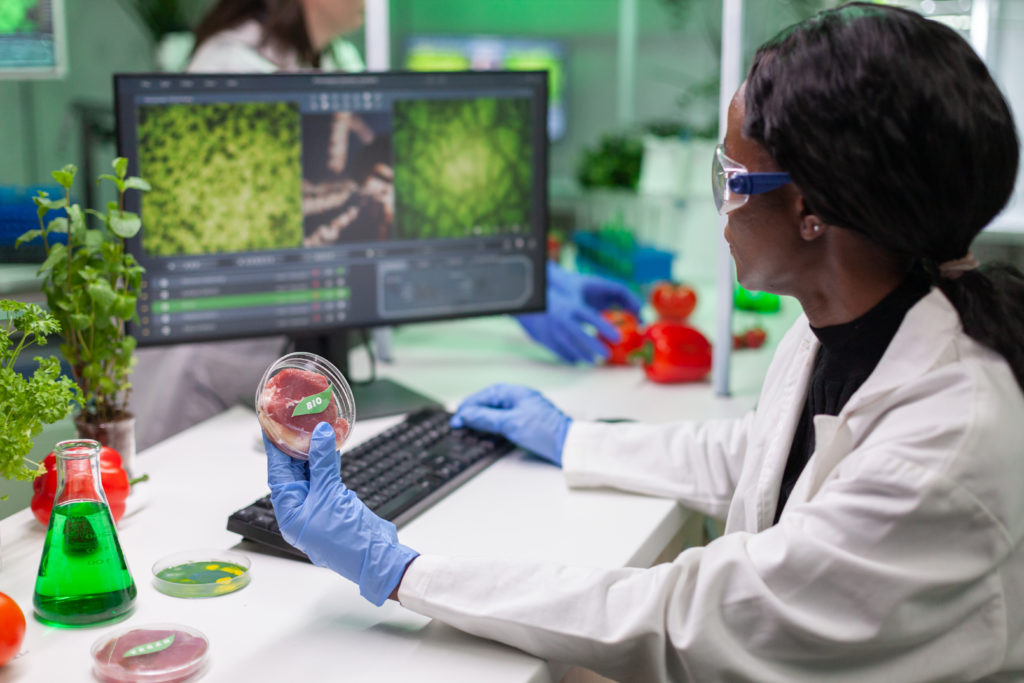Earlier this week, US President Joe Biden issued an executive order entitled, “Advancing Biotechnology and Biomanufacturing Innovation for a Sustainable, Safe, and Secure American Bioeconomy.” The order prioritizes research and innovation in a variety of fields, including food, and states that federal investments will be made into the space.
The initiative is framed to help the US be dominant in the space, but also to be more competitive on a global scale, enhance national security and grow the economy. According to the order, it will improve and expand biomanufacturing production capacity and processes, train a biotech workforce, expand market opportunities for these products and streamline regulation.
So, how will the executive order impact the future of food and beverage biotechnology and biomanufacturing? Here’s everything you need to know.
Related: Top Food Industry Regulations to Watch in 2022
Biotechnology and Biomanufacturing in Food
While biotech in general is often associated with energy, medicine and pharmaceuticals, it plays a significant role in the food and beverage industry. Food products which are developed using genetically modified organisms (GMOs) are possible through bioengineering and precision fermentation is powered by biotech. Startups with their eyes on the future may be able to benefit from the new government attention to the area.
The federal law that mandates some genetically modified (GM) food and beverage items to be labeled calls them “bioengineered.” The US Food and Drug Administration (FDA) approved the first genetically engineered crops nearly 30 years ago with the Rainbow papaya — created with an immunity to a virus that threatened to decimate the crop — and the Flavr Savr tomato.
Biotechnology is also taking on new forms in food. Some companies are using precision fermentation to create things like dairy and egg protein without animals. Perfect Day, for example, uses precision fermentation to make animal-free whey protein, which has been used in ice cream, cream cheese, chocolate and milk.
GMO and Bioengineering Controversy
Using biotechnology and biomanufacturing in food has always been controversial. Advocacy groups and concerned consumers have called attention to GM food for years, even though many scientists agree the products are safe to consume. The Non-GMO Project created a seal for products that meet stringent requirements avoiding anything GM in their supply chain.
Earlier this summer, the Non-GMO Project was outspoken about synthetic dairy products insisting that they are unsafe to consume and are harming the dairy industry. However, like any other FDA-approved food and beverage product, bioengineered foods are held to the same safety standards as anything else consumers might find at the grocery store.
Despite the controversy, several studies posit that using bioengineering and biomanufacturing for food is necessary to create a sustainable food supply for the future. This technology offers a production method that reduces the reliance on animal agriculture, as well as resources such as land and water. In turn, it can also reduce greenhouse gas emissions and protect consumers from public health scares related to zoonotic diseases.
This executive order applies to many useful facets of biotechnology, and it means that for now, the federal government is also endorsing the use of biotech to help feed the world.












Join or login to leave a comment
JOIN LOGIN